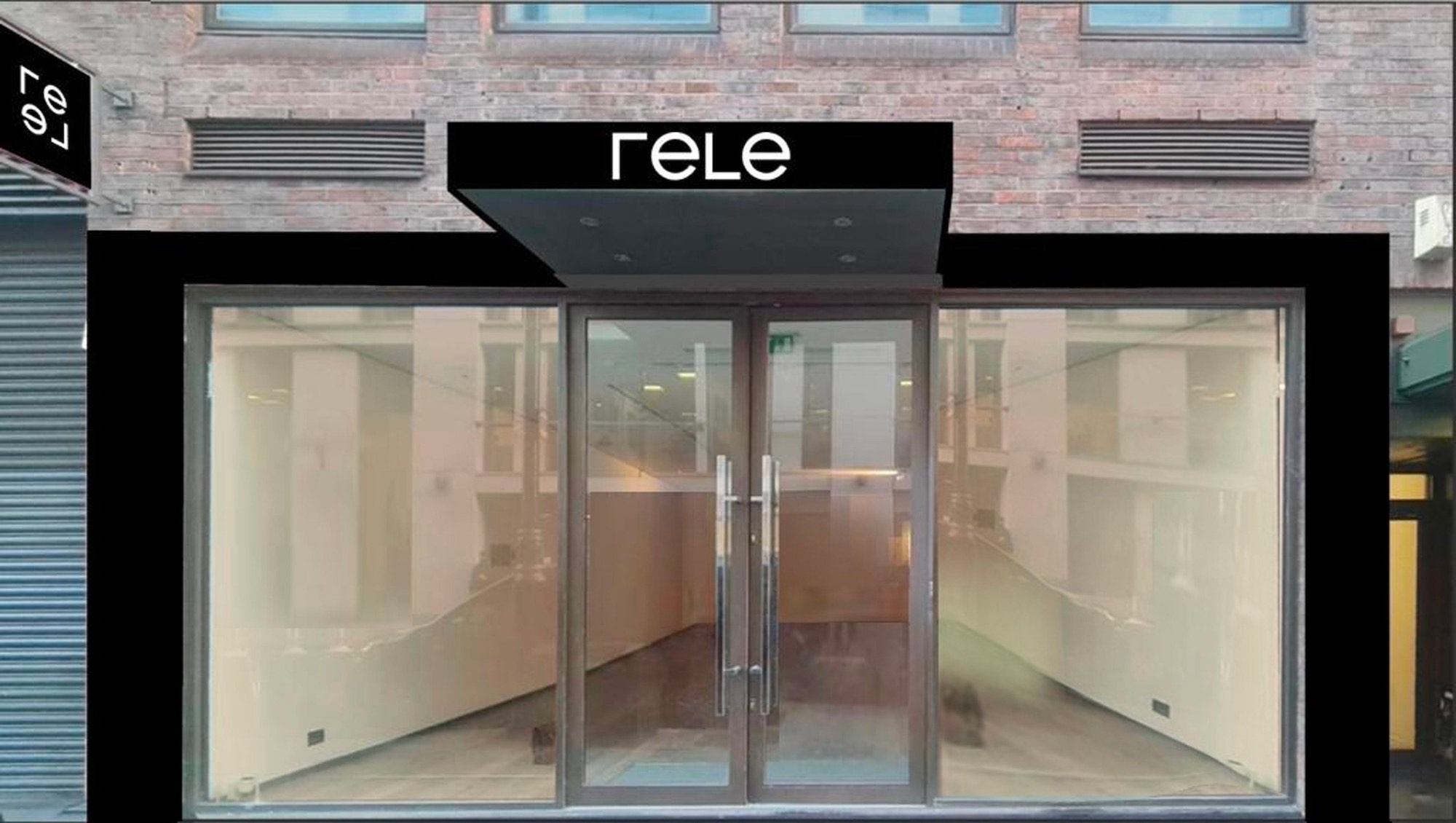Ellie's Eye
2020 - Film & Video (Film & Video)
11:00 minutes
Jeamin Cha
Jeamin Cha’s essay-film Ellie’s Eye is an extensive examination of the human mind and the effects of new technology, such as chatbots and virtual avatar therapists on the mental health industry. One such avatar, named Ellie, was developed by the University of Southern California’s Institute for Creative Technologies. Ellie has the ability to interpret the user’s emotions through data collected from their speech and physical gestures to indicate psychological distress on a micro-level, which would be imperceptible by a human therapist. Cha equates the technology’s aptitude to “see-through” emotional facades with the age-old desire to see into the human body and mind. By tracing the history of more ubiquitous technology such as the x-ray, Cha questions the limits of pathology and challenges the notion that our sickness is only within us. Cha’s visual language is informed by extensive research and interviews and is often guided by her astute observations of society and an earnest sensitivity to her surroundings. Simultaneously, her practice draws from chance encounters, unexpected discoveries, and daily observations. Her unique manipulation of the camera and ability to use documentarian practices, not to directly distinguish fact from fiction, but to reveal the multiple and shifting realities of the world we live in is pertinent in this film. Ellie’s Eye marks a significant juncture in Cha’s practice as it brings the foundations of Cha’s decade-long inquiries into the friction between modernism and tradition, the accelerating isolation of urban society and its discordance with nature, to the surface. Ellie’s Eye was produced while Cha was artist-in-residence at KADIST San Francisco and was commissioned as part of her solo exhibition Jeamin Cha, Troubleshooting Mind I, II, III in 2020.
Jeamin Cha’s questions exist in the gyre between individual and social environment, stepping over conspicuous strands of relation between the two in favor of cultivating characters that dwell in the night, under-noticed or otherwise surplus figures outside of mainstream societal representation. She works primarily in video-based installations, which oftentimes are the result of years of interviews, research, and a meticulous editing process. Her films are indexes of reality in its minutiae, both regionally specific to her native South Korea, and also purposefully roaming, fragmented and nonlinear, able to touch almost any contemporary population in the world. The subjects Cha conjures expand fluidly beyond the limits of her work, giving depth to figures ranging from an electrician to a trio of ancient garbage collectors, their paths echoing off of the urban environment, engaged in a web of political, cultural, and social factors. Her films have increasingly consisted of nuanced, unblinking meditation on political issues and their echoes within urban existence. It would be wrong to describe these films as positivist, or documentarian. Rather, they strive to capture the viewer’s affective affinities with a critical edge.
Colors:
Other related works, blended automatically
» see more

© » KADIST
Jeamin Cha
2018In On Guard by Jeamin Cha, a security guard receives safety training, juxtaposed against his patrol of an empty building as he tries to give care instructions for his ailing mother over the phone...
Related works sharing similar palette
» see more

© » ARTS EQUATOR
Weekly Picks: Indonesia (17 - 23 December 2018) | ArtsEquator Thinking and Talking about Arts and Culture in Southeast Asia Weekly To Do December 17, 2018 Top Picks of Indonesia art events in Bali and Solofrom 17-23 December 2018 The year is coming to a close but there are still a few exciting art events that might brighten your holiday season...
Other works by: » Jeamin Cha
» see more

© » KADIST
Jeamin Cha
2018In On Guard by Jeamin Cha, a security guard receives safety training, juxtaposed against his patrol of an empty building as he tries to give care instructions for his ailing mother over the phone...

© » KADIST
Jeamin Cha
2018Almost One by Jeamin Cha dives into an uncomfortable meditation on the relationship between socialization, performativity, truth, and childhood, filtered through the optics of a children’s acting class in South Korea...

© » KADIST
Jeamin Cha
2013Fog and Smoke is the first video Jeamin Cha made after returning to Seoul from London where she studied and started as an investigation into the meaning of “otherness” in documentary filmmaking...
Related works found in the same semantic group
» see more

© » KADIST
KADIST Holiday Get-together, exhibition walk-through of Native Art Department International, Bureau of Aesthetics with artist, writer, and educator tamara suarez porras followed by Cran Royale cocktails and cheese boards to welcome our artist-in-residence Jeamin Cha! tamara suarez porras is an artist, writer, and educator from (south) Brooklyn, New York and based in the San Francisco Bay Area...






